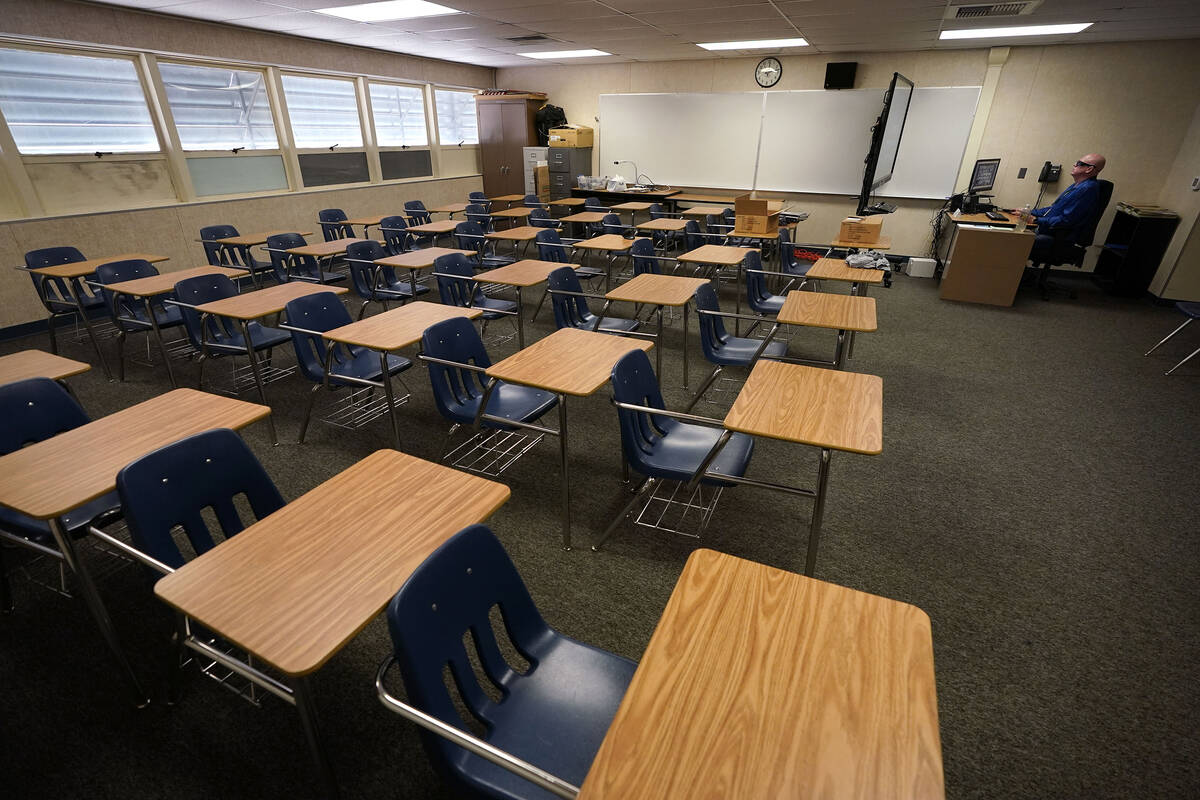EDITORIAL: Draconian COVID restrictions did more harm than good
Ronald Reagan famously said, “The nine most terrifying words in the English language are: I’m from the government, and I’m here to help.” What an apt summation of the government’s heavy-handed efforts to fight the coronavirus.
The Institute of Economic Affairs recently published a book on the effectiveness of pandemic lockdowns. The authors include a professor from Johns Hopkins and professor emeritus from Lund University in Sweden. “The results of our meta-analysis support the conclusion that lockdowns in the spring of 2020 had a negligible effect on COVID-19 mortality,” they wrote. “This result is consistent with the view that voluntary changes in behaviour, such as social distancing, did play an important role in mitigating the pandemic.”
They find that the average lockdown in the United States in spring 2020 averted 16,000 deaths. That’s a significant number, but consider the context. In the United States, an average of 38,000 people each year die from the flu. But no one ever suggested locking down the country to prevent flu deaths.
That’s because society’s elected representatives must balance competing priorities. If you lock down to prevent COVID or flu deaths, you create other negative public health issues that can have long-term ramifications.
In 2019, fewer than 71,000 people died from drug overdoses. In 2020, that number spiked up to more than 91,000. Tragically, it isn’t coming down. Last year, it increased to 109,000. There are many factors in overdose deaths, including the rise of fentanyl, but it’s foolish to think lockdowns didn’t contribute to them. Suicide and homicide rates have increased since 2019, too. This suggests it’s probable that the side effects of lockdowns will produce more American deaths than were saved by the restrictions.
There were other factors to consider. Online learning was a disaster. The Nation’s Report Card showed the pandemic and school closures wiped away 20 years of learning gains. The best students lost a little ground, but the lowest-performing students saw their scores fall four times as far. This makes them more likely to drop out of school and suffer later consequences. Those results will take decades to unfold, but they’re real.
“In the final analysis, these infringements generated negligible public health benefits while imposing a set of massive costs on society,” the authors note. They correctly call the lockdowns “a global policy failure of gigantic proportions.”
This is an important lesson for politicians and the public: Consider more than just a single variable when evaluating the merits of a proposed policy.






















